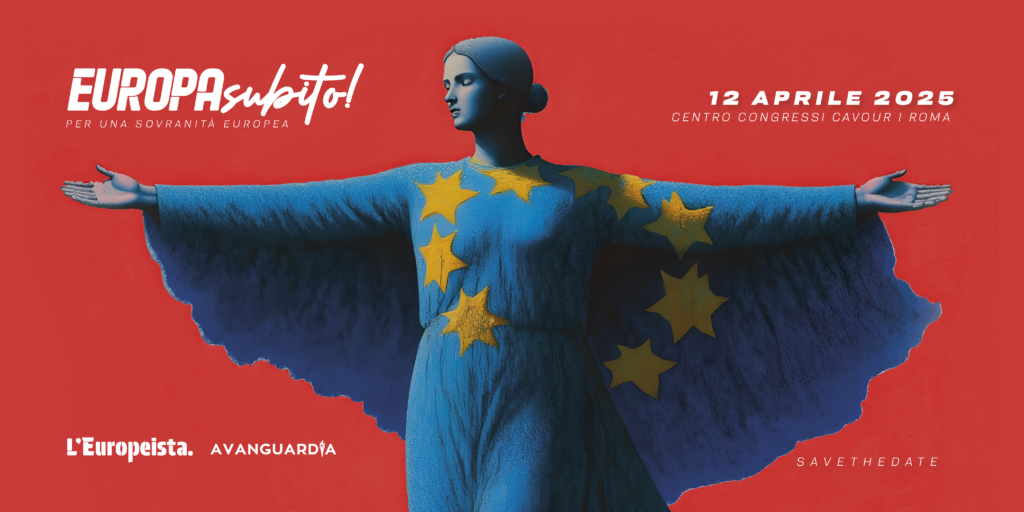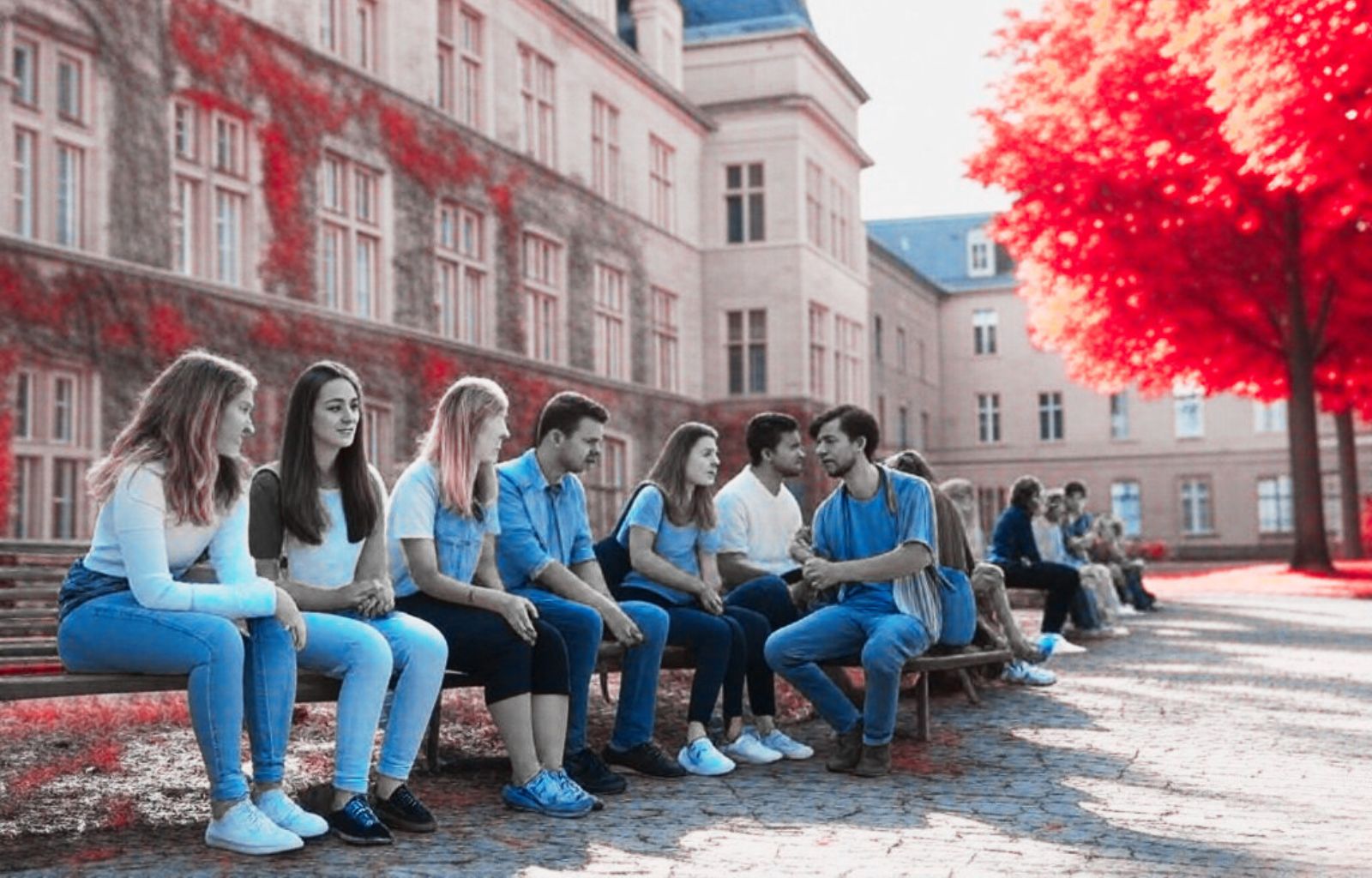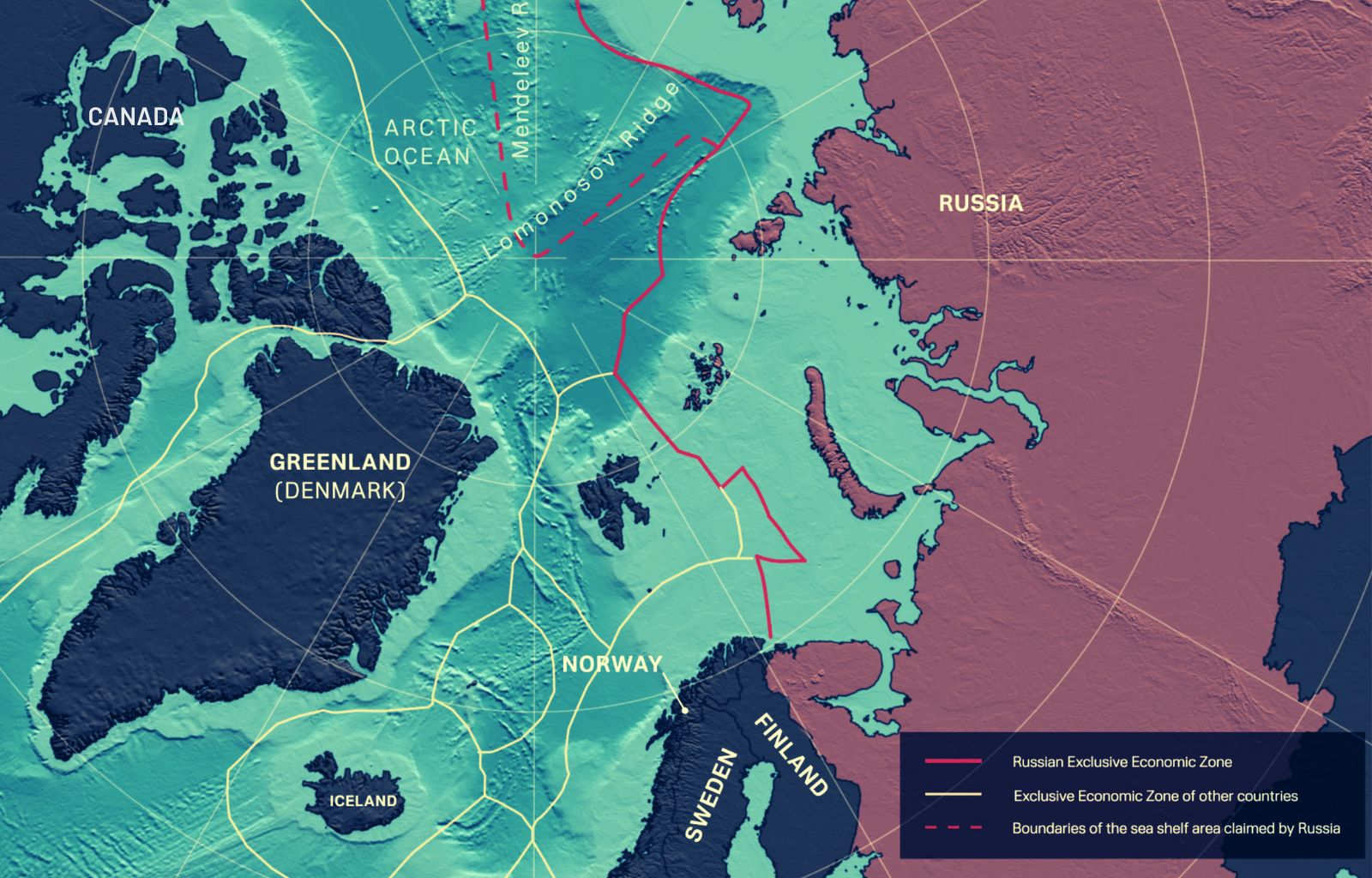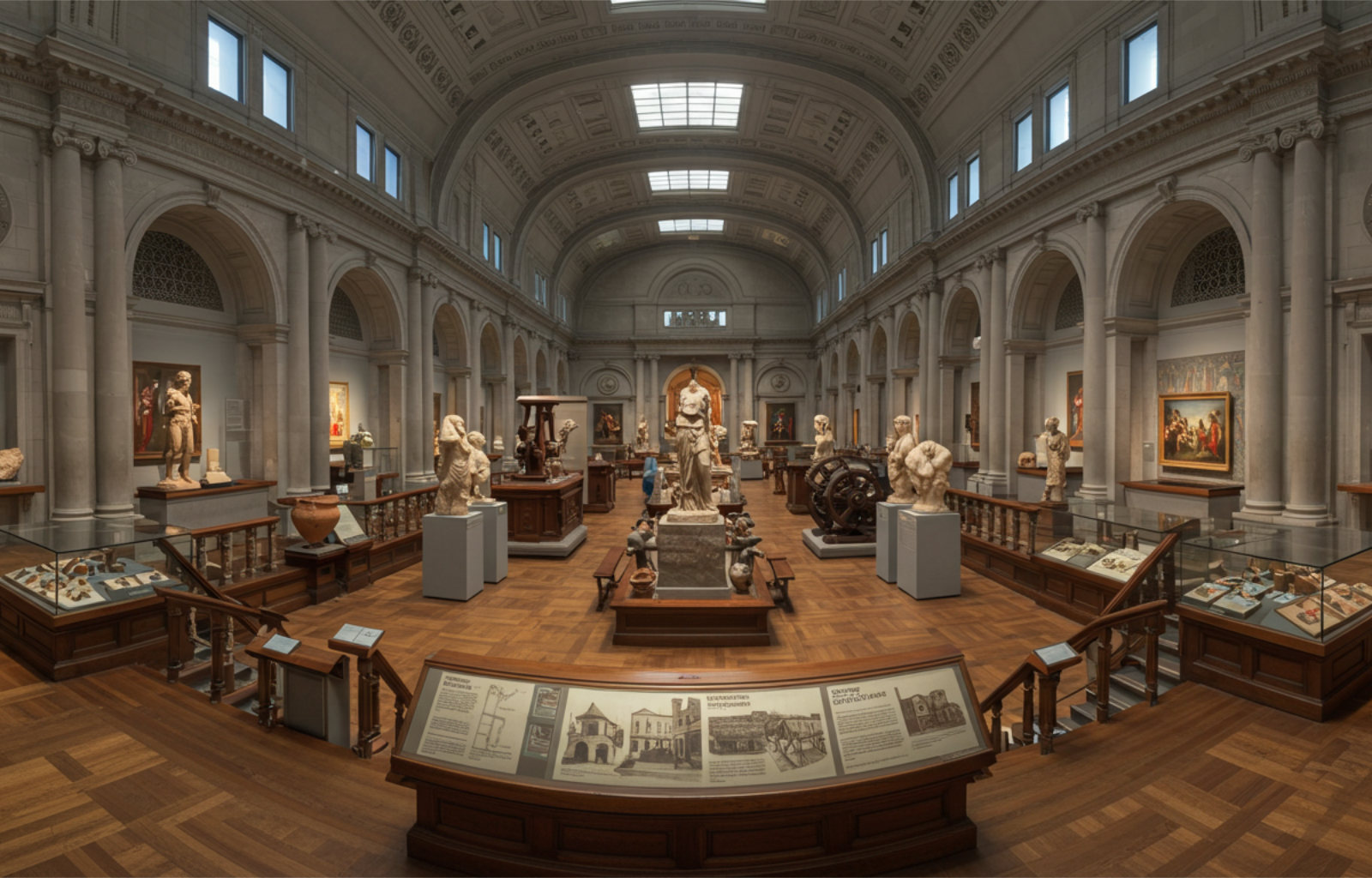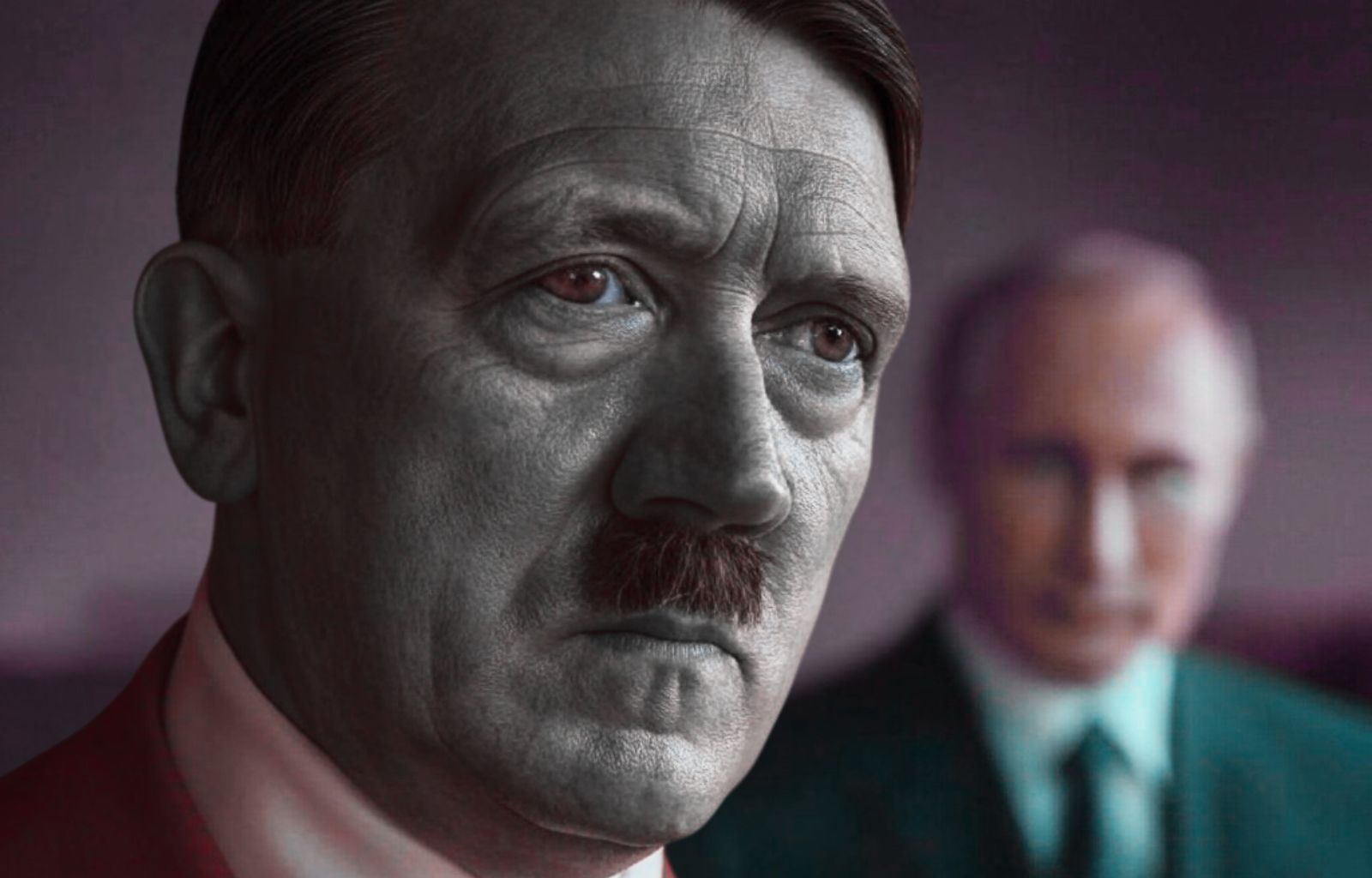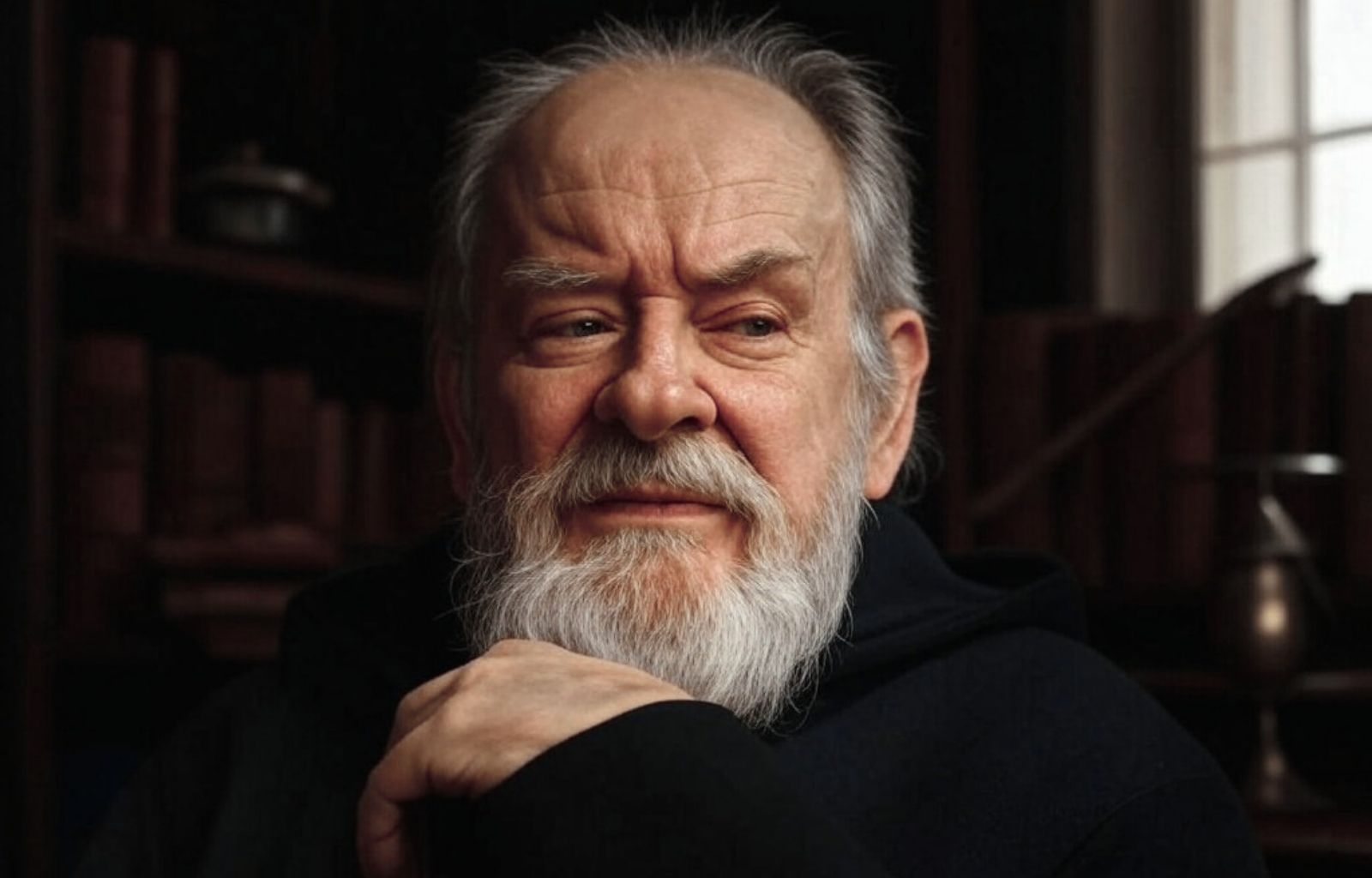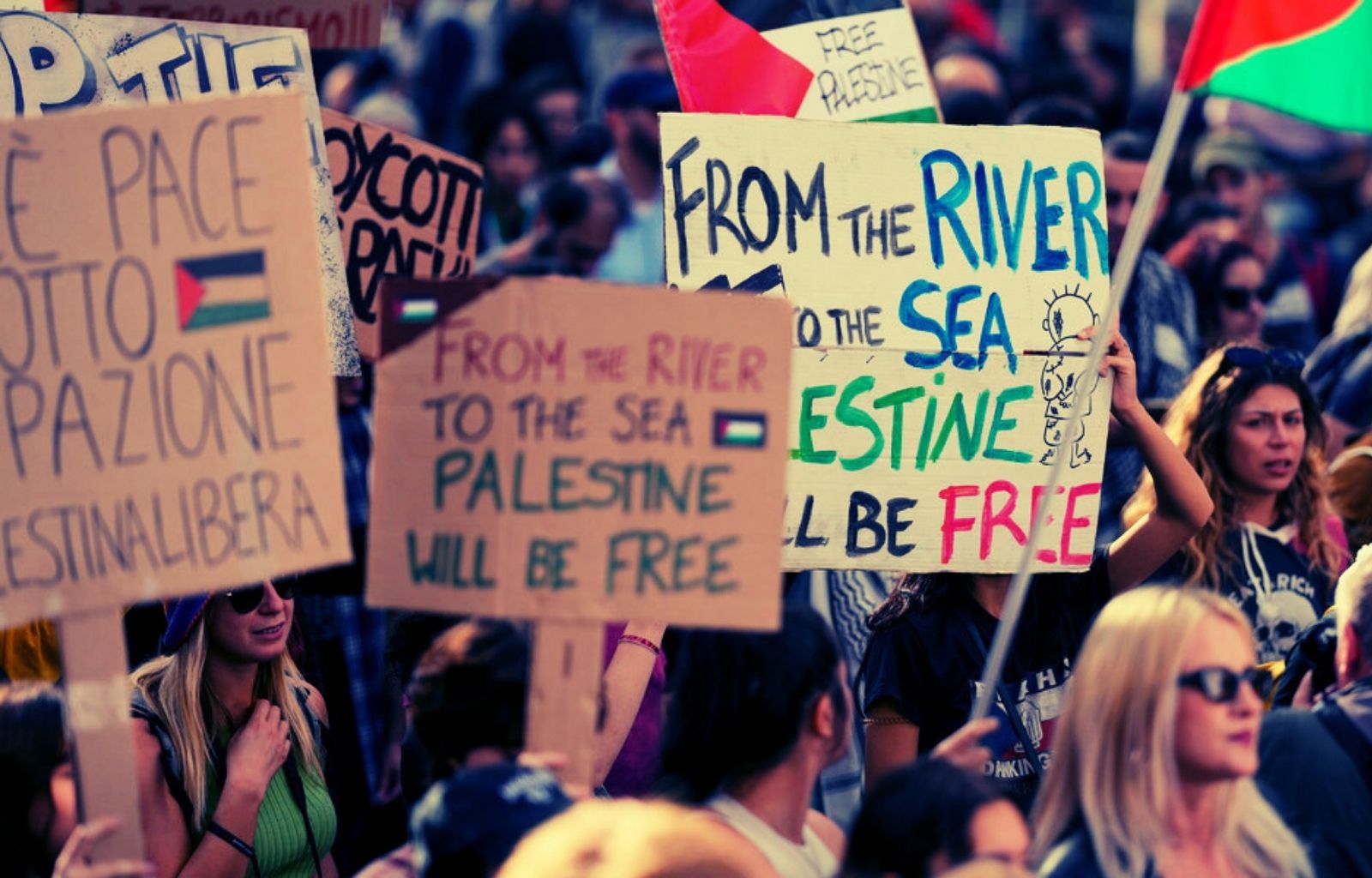Let the dream not remain a dream. Let us make Europe real
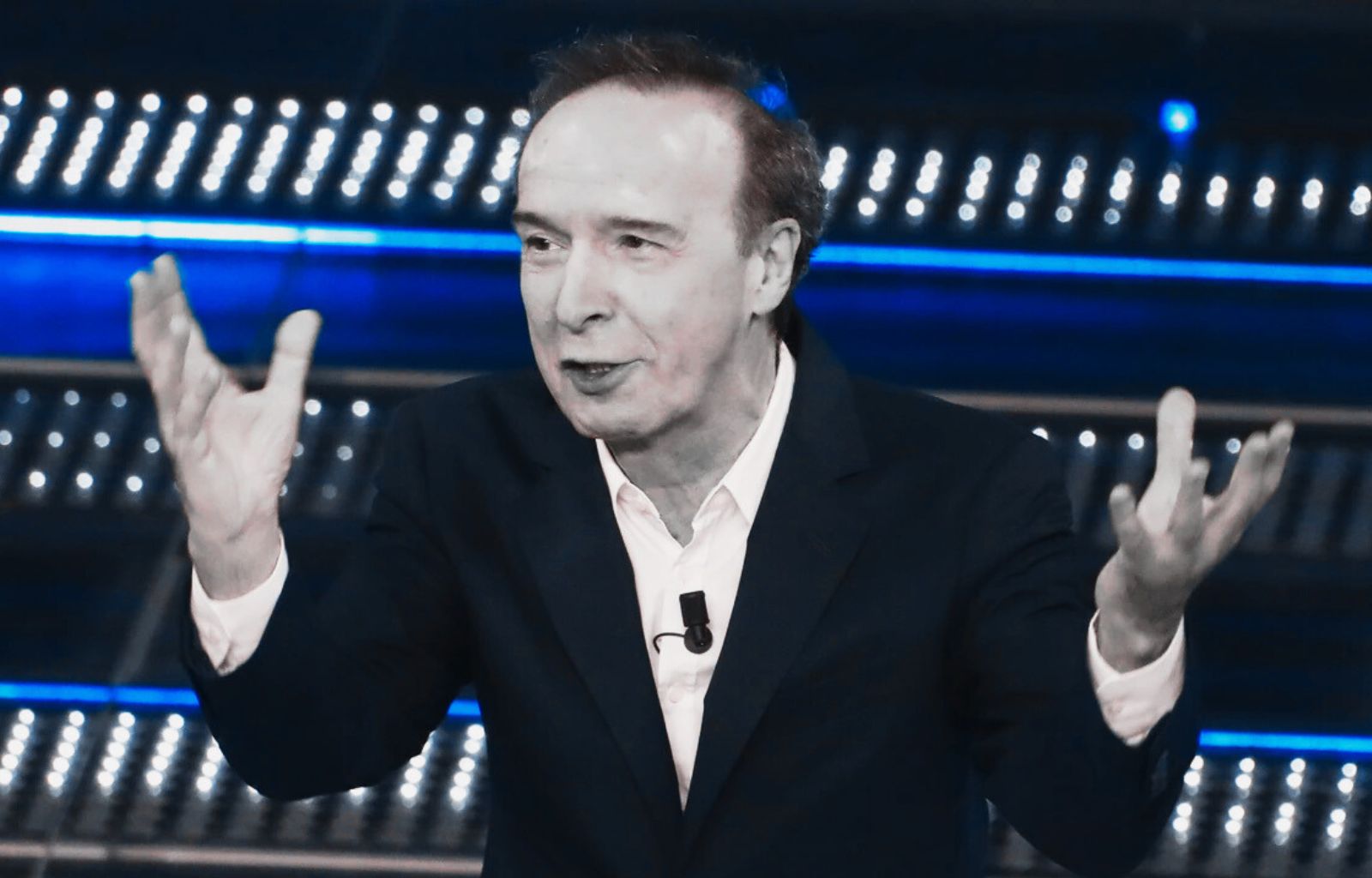
The best response to Giorgia Meloni ‘s blunders on the Ventotene Manifesto was undoubtedly given by Roberto Benigni last night on Rai1. This is not why we must abandon ourselves to the usual pro-European self-referentiality, we must respond with facts.
In the Chamber, during the communications in view of the forthcoming European Council, we witnessed the successful attempt by the President of the Council to dissuade media and political attention from the ongoing fragmentation of his own majority in foreign policy.
Needing to unite her own somehow, Meloni concluded her speech by quoting some haphazardly extrapolated passages from the Ventotene Manifesto of 1941, crying ‘this is not my Europe!
The uproar created at that point by the opposition, amplified by the press, completely overshadowed the League’s opposition to the ReArmEU, which Meloni & co. had already voted for in the EU Council and Eurocamera, as well as the inconsistencies in the majority resolution.
In doing so, the Prime Minister has tactically nipped the intemperance of the Salvinians in the bud, passing the parliamentary test by keeping one foot in the pro-Trumpian stirrup and the other in the rearmist stirrup.
Strategy, however, almost never keeps pace with history; in fact, Meloni’s disjointed reference to Spinelli and Rossi’s Manifesto proved politically inappropriate and spurious, with the real risk of becoming counterproductive for her.
It is indeed undeniable that the idea of society of the drafters of the Ventotene Manifesto had a collectivist and socialist heritage, but the basic historical intuition for which it has become a symbol is certainly not Marxism, but the idea of starting a European federative process.
Meloni did not limit herself to a political attack, but desecrated a founding icon of the European integration path that she herself, by her votes, does not oppose.
The prompt response of Benigni’s ‘The Dream
The timing seemed studied, in fact yesterday primetime on Rai1 and Eurovision aired Roberto Benigni’s one-man show, entitled ‘Il Sogno’ (The Dream), focusing on the history of the European Union. The words pronounced in the morning in the Chamber unintentionally turned the spotlight even more on the show, which had been planned for months, by the two-time Oscar winner.
The Tuscan actor did not disappoint expectations, delivering a magnificent tale on the path of union and the European dream of the 20th century. Worthy of note is the open criticism of the premier’s choice to decontextualise the Ventotene Manifesto in today’s politics, reinforced by the religious parallelism with the Bible and some of its controversial passages.
But now let’s get past the dreamy Europeanism, it’s time for facts
In the face of Benigni’s skill and theatrical acumen there is only applause, but we true pro-Europeans can no longer allow ourselves to stop at the mere ideological evocation of the concept of Europe, we must commit ourselves and work pragmatically to strengthen it.
For too many years, Italian politics for convenience, from the right and the left, has indulged in the rhetoric of oneiric pro-European thinking, in which Europe is described as an ineffable and aseptic entity, completely unrelated to any political contingency.
This bias has distant roots in the crisis experienced by our country in the 1990s, which drove our political class and public opinion to promote Italy’suncritical adherence to the European project, portrayed as the only chance for recovery.
The consequences of this attitude are visible today more than ever before, for in identifying Europe as the perfect semantic expedient for their own de-emphasisation, our politicians have engendered Manichaeism between those who see Europe, in the broadest sense, as the benevolent ideal to aspire to, or the evil from which to flee.
Therefore, ‘Europe’, which denotatively means nothing, has always been spoken of as an ethereal body, without ever dwelling on the concrete possibilities for improvement and evolution.
We must not make the same mistake again, so while the Benigni and Michele Serra are fine on the sophistication side, the onus is on us to man the pragmatic camp.
European unity is needed as never before, which is why we must overcome the idealistic ambitions that cloud the debate even today and think about the practical construction of the EU, without too many ideological superstructures.
The current topics are common defence and economic competitiveness, followed by futurepolitical-institutional integration.
This is not the historic moment to remain in the camp of benighted pro-European ideas, the voters have already punished for this, but to take clear positions on these issues and their implementation.
We need honesty and vision from our politicians, because at stake is not just parliamentary or parlour debate, but our future.
For this reason, too, we look forward to seeing you in Rome on 12 April, at ‘Europa Now!
